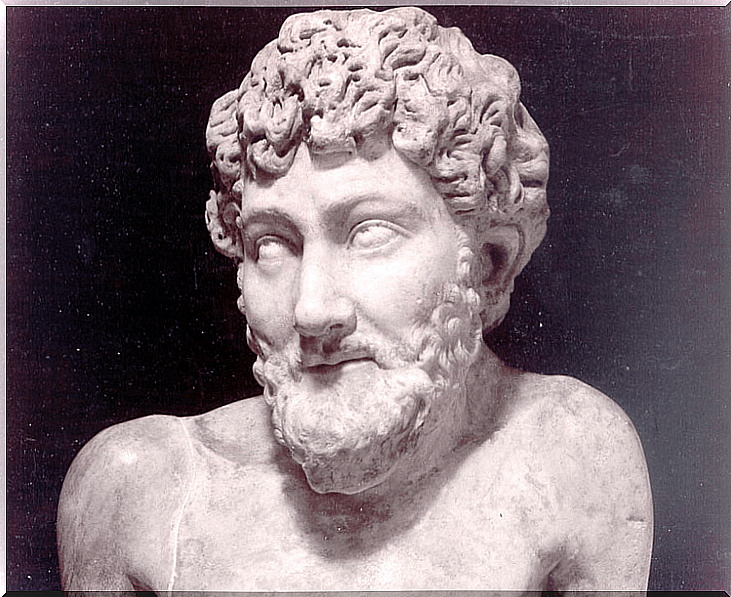5 Aesop’s Fables To Ponder

Aesop’s fables are very short stories that leave us a lesson or moral. This article talks about them but Aesop may not necessarily be their real author.
Various versions of Aesop’s life tell us that he was a slave from Samos, a Greek island in the northern Aegean Sea. He was born mute and his physical appearance did not exactly fit with the canons of beauty of the time. By contrast, he was remarkably intelligent and resourceful.
What can we get out of this story about what fables are and how they were considered in ancient Greece? Attributing the authorship of Aesop’s fables to a slave means that the messages in the fables were primarily intended for slaves. The aim was to have a guide of moral conduct for them, since they did not follow an academic education but they had to live in society.
Fables featuring animals to teach humans lessons are believed to have been “invented” by an author on the borderline between animal and human. Aesop, once he reaches fame, makes the mistakes that led to his death at Delphi.
His life story reinforces an important theme in fables: that of being unable to change one’s nature and state. Their destruction eventually occurs as a result of these changes.

Aesop’s Fables as a Type of Philosophy
The word “fable” comes from Latin. Ultimately, it means ‘history’ and is derived from the word fari which simply means ‘to speak’. Theon called it “a false speech that represents the truth.”
Aesop’s biography shows us that fables are related to our most animal side. Aristotle suggested that the happiest life is the one spent in a state of pure intellectual contemplation, while Plato opted for knowledge of forms, especially of the good, the just and the beautiful.
However for most people, this type of philosophy is not available, as they do not have the resources to follow the academic philosophy. Most of us are closer to the animal than to the divine and we will benefit more from the advice that is framed in these types of stories. For such people, the fables that unite the animal and the human will be much more valuable than the Platonic or Aristotelian philosophy.
Aesop’s Fables as a Guide to Conduct in Ancient Greece
Aesop’s fables provide a useful set of principles to guide us in accordance with ancient Greek moral beliefs.
Aesop’s Fables: The bitch and her puppies
Before granting a benefit, it is often good to define the limits of this grant and assess the consequences it may bring.
Aesop’s Fables: The Fly
One way to protect ourselves from failure is to convince ourselves that we don’t really care what we lost.
The fox and the bunches of grapes
Our mind is able to convince us that we did not want what we really wanted to make us feel better.
Frogs asking for king
When choosing the rulers, it is better to choose a simple and honest one, rather than a very entrepreneurial one, but dangerous for the people.
The frog that claimed to be a doctor and the fox
Never claim to be what you cannot demonstrate by example.

conclusion
Aesop’s fables are very suitable as they contain a simple teaching applicable to everyday situations. In the Greek world these lessons were oriented to the day-to-day lives of people who were often in delicate positions.
For those higher up the socioeconomic ladder, fables could provide valuable instruction. In the modern world, as communications become shorter and more immediate, we can see a kind of transformation of the fable, although, of course, the lessons in today’s world can be very different – or very similar in the world. background – to those of ancient Greece.









